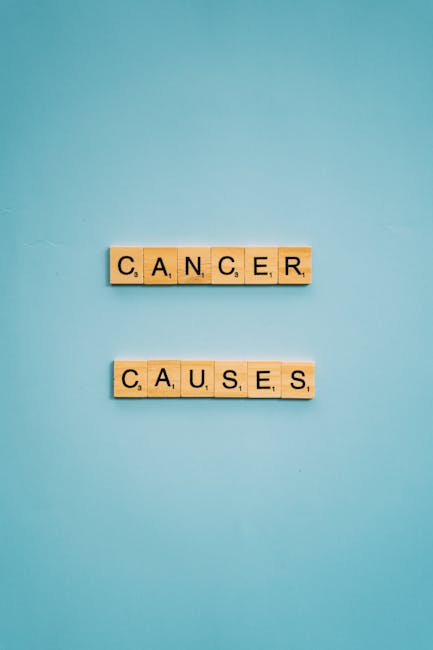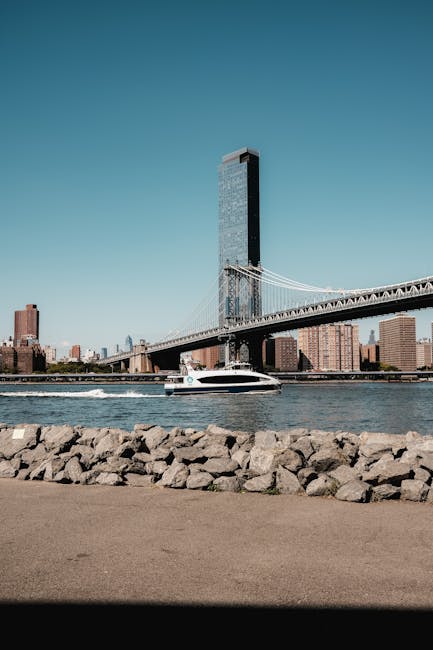Legionnaires’ Disease in Las Vegas: Risks, Prevention, and What to Do If You Get Sick
Legionnaires’ Disease in Las Vegas: Risks, Prevention, and What to Do If You Get Sick
Las Vegas, a city renowned for its dazzling lights, vibrant entertainment, and bustling tourism, also faces the risk of Legionnaires’ disease, a severe form of pneumonia caused by Legionella bacteria. Understanding this risk, its prevention, and how to react if you or a loved one becomes ill is crucial for both residents and visitors.
What is Legionnaires’ Disease?
Legionnaires’ disease is a bacterial infection that affects the lungs. It’s caused by Legionella pneumophila, a bacterium that thrives in warm, moist environments. Unlike other types of pneumonia, Legionnaires’ disease isn’t spread from person to person. Instead, it’s contracted by inhaling contaminated water droplets, typically from sources like cooling towers, hot tubs, and showerheads. The symptoms, which can mimic influenza, often include high fever, chills, cough, muscle aches, and shortness of breath. In severe cases, it can be life-threatening, requiring immediate medical attention.
The Risk in Las Vegas: A City of Water Features
Las Vegas, with its abundance of hotels, casinos, and water features, presents a unique environment that can harbor Legionella bacteria. The city’s large-scale air conditioning systems, decorative fountains, and numerous pools create ideal breeding grounds for the bacteria. Regular maintenance and strict protocols are vital in minimizing the risk, but outbreaks can still occur if these measures are neglected or compromised.
High-Risk Locations in Las Vegas:
- Hotels and Casinos: Large-scale cooling towers, spas, and decorative fountains are potential sources of contamination.
- Convention Centers: These large facilities often have extensive HVAC systems that need careful monitoring.
- Water Parks: Improperly maintained water slides and pools can become breeding grounds for Legionella.
- Hospitals: Hospitals are particularly vulnerable, as immunocompromised patients are at a higher risk of severe complications.
Preventing Legionnaires’ Disease in Las Vegas
Preventing Legionnaires’ disease requires a multi-faceted approach involving both individual actions and robust public health measures. While complete eradication is impossible, minimizing risk is achievable through vigilant monitoring and responsible practices.
Individual Prevention:
- Avoid inhaling water mist or vapor: Stay away from sources of potential contamination, particularly in areas with mist-producing features like fountains.
- Regular shower maintenance: Ensure your showerhead is clean and free of debris. Regularly run hot water to flush the system.
- Maintain your hot tub properly: Keep your hot tub clean, properly sanitized, and at the correct temperature.
- Report potential issues: If you suspect a potential problem in a public space, report it to the management immediately.
Public Health Measures:
The Clark County Health District plays a crucial role in monitoring and preventing Legionnaires’ disease outbreaks in Las Vegas. Their responsibilities include regularly inspecting high-risk locations, enforcing safety regulations, and educating the public on risk prevention. They work closely with hotels, casinos, and other establishments to ensure that appropriate water treatment and maintenance practices are followed. Their proactive approach involves water testing, investigating reported cases, and implementing control measures to prevent further spread.
What to Do If You Suspect Legionnaires’ Disease
If you experience symptoms such as high fever, chills, cough, muscle aches, and shortness of breath, especially after staying at a hotel or visiting a location with water features in Las Vegas, seek immediate medical attention. Early diagnosis and treatment are crucial for a successful recovery. Your doctor will likely conduct tests to confirm the diagnosis and prescribe appropriate antibiotics.
Seeking Medical Care:
- Visit a doctor immediately: Don’t delay seeking medical care if you suspect Legionnaires’ disease.
- Provide your travel history: Inform your doctor about any recent stays in Las Vegas or other locations with potentially contaminated water sources.
- Follow your doctor’s instructions: Adhere to the prescribed treatment plan, including medication and rest.
The Legal Aspects of Legionnaires’ Disease in Las Vegas
If you contract Legionnaires’ disease due to negligence on the part of a hotel, casino, or other establishment, you may have legal recourse. Cases involving negligence and failure to maintain proper safety standards can lead to legal action. It’s crucial to consult with a personal injury attorney to explore your options and understand your legal rights.
Recent Outbreaks and Public Health Response in Las Vegas
(This section would require research on recent outbreaks and the corresponding public health responses from the Clark County Health District. Information regarding specific outbreaks should be sourced from official reports and news articles to ensure accuracy and avoid spreading misinformation.)
The Future of Legionnaires’ Disease Prevention in Las Vegas
Continued vigilance and proactive measures are essential to minimize the risk of Legionnaires’ disease in Las Vegas. Advancements in water treatment technology, improved building management practices, and ongoing public education campaigns play a vital role in safeguarding public health. The Clark County Health District’s ongoing efforts, along with collaborative efforts from various stakeholders, including hotel management and regulatory bodies, are pivotal in ensuring the safety and well-being of residents and visitors.
Conclusion
Legionnaires’ disease is a serious concern in Las Vegas, a city characterized by its extensive water features and large-scale buildings. Understanding the risks, practicing preventative measures, and seeking prompt medical care when necessary are essential steps in protecting yourself and your loved ones. The collaborative efforts of public health officials, businesses, and individuals are crucial in reducing the incidence of this potentially fatal disease.





